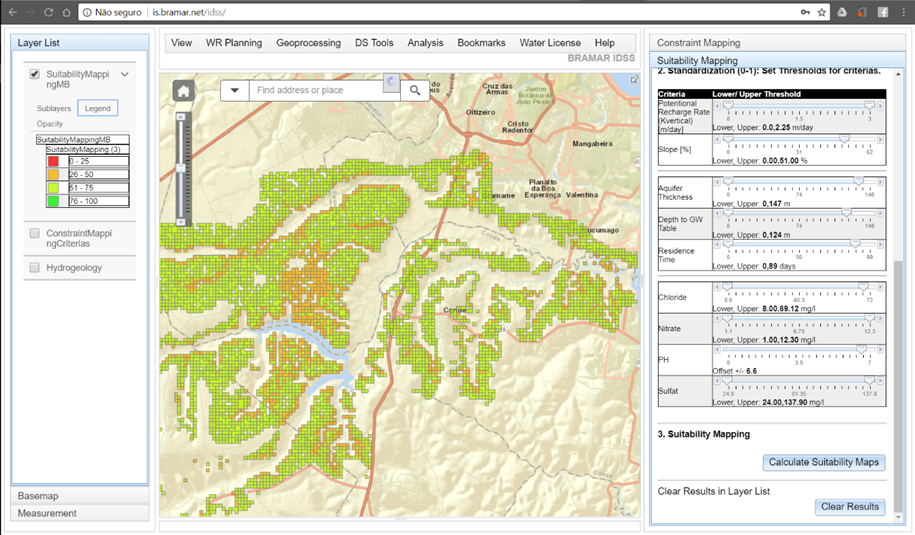Select a topic:
The increasing impact of climate change on water resources and the environment, especially with regard to water scarcity and droughts, as well as the permanently increasing water demand of all economic sectors and the population, pose enormous and diverse challenges for water resources management in many regions of the world. In particular, the increase in extreme dry periods is leading to bottlenecks and conflicts of interest. In order to adapt to climate change, to ensure save water and energy supply as well as sustainable development, projects require careful study of all risk factors and adaptation measures for impact mitigation and risk minimization. RWC, therefore, offers consulting services and studies in the following fields:
- Water resources inventory and water budget assessment
- Evaluation of the water conflict potential and the bottleneck risk for different uses (agriculture, inland navigation, industry, water supply and hydropower)
- Development, evaluation and comparison of alternative measures, projects and strategies
- IWRM implementation and regional planning.
- Irrigated Agriculture
- Green hydrogen production in semi-arid/arid regions
- Climate change adaptation under water scarcity
- Seawater desalination and water transfer
- Management of surface and groundwater resources
- Ports and inland waterways
- Consulting for German companies in Brazil
- Software and Systems for Decision Support
Water Resources Inventory & Water Budget Assessment
- Renewable water resources, water availability and water quality assessment
- Water demand and water budget assessment
- Utilization rate of renewable water resources and assessment of bottlenecks.
- Recommendations on IWRM-measures and further studies
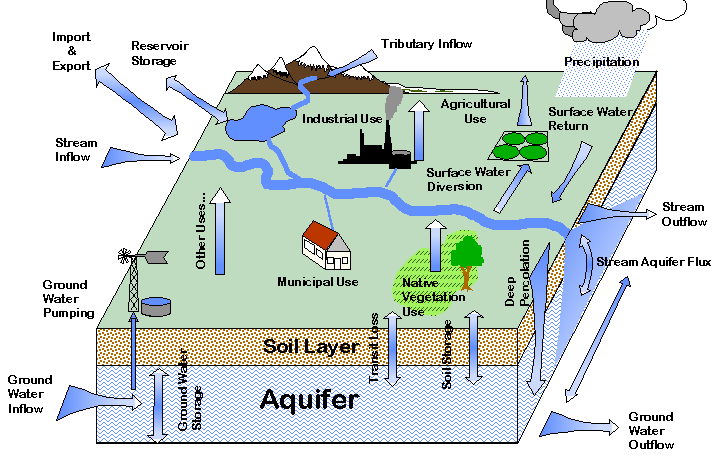
Water resources conflict potential and risk of bottlenecks
- Definition of socio-economic development and climate scenarios
- Projection of water demand and water budgets over the planning horizon
- Identification of future supply bottlenecks and restrictions in the use of water resources (water supply, inland navigation, industry, hydropower, agriculture, tourism)
- Assessment of the bottleneck risk and potential for water management conflicts
- Recommendations for avoiding or minimising water related bottlenecks and conflicts
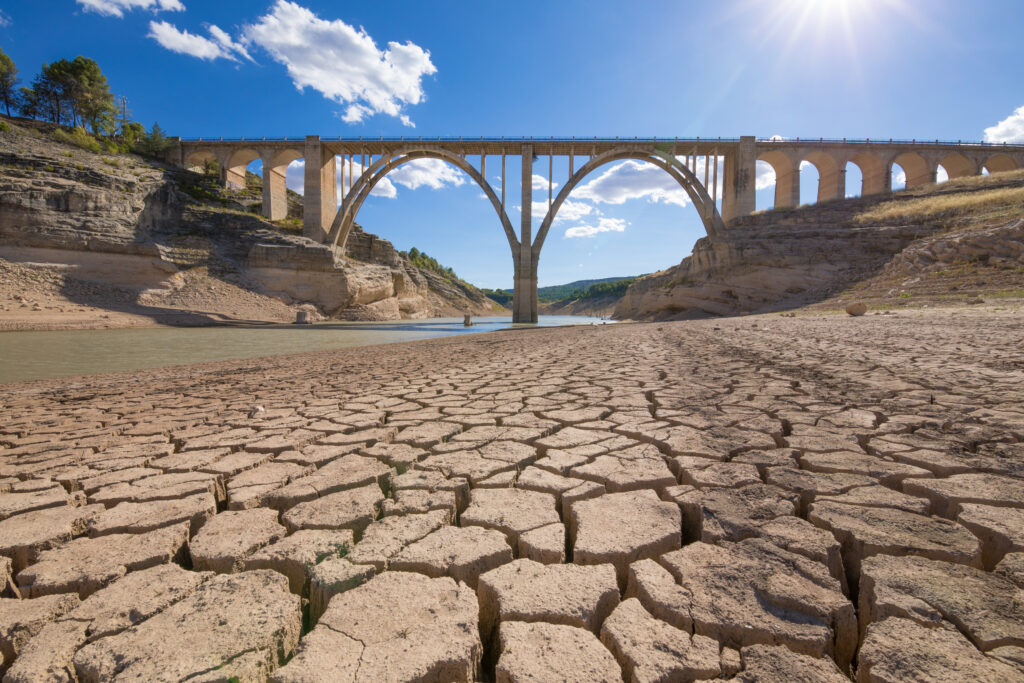
Development, Evaluation and Comparison of Alternative Measures, Projects and Strategies
- Quantification of suitable indicators for the economic, social and environmental evaluation of alternative IWRM measures, projects and strategies.
- Economic feasibility (including cost-effectiveness, cost-benefit analysis)
- Environmental impact assessment
- Comparison of project alternatives, using multi-criteria methods to ensure scientifically sound and transparent decisions with high acceptance level
- Recommendations on: implementation, management, decision support and further studies

Regional Water Resources System Planning and IWRM-Implementation
- Implementation of a participatory decision-making process
- Identification of priority development and water resources management objectives
- Identification of appropriate structural and non-structural measures
- Definition of indicators for the evaluation of decision alternatives
- Development of integrated strategies for water resources system development for different uses (irrigated agriculture, industry, inland navigation, hydropower and tourism), integrating non-structural measures
- Quantification of indicators and strategy evaluation
- Recommendations on: IWRM implementation, system expansion and management, non-structural measures, decision support, and further action needed
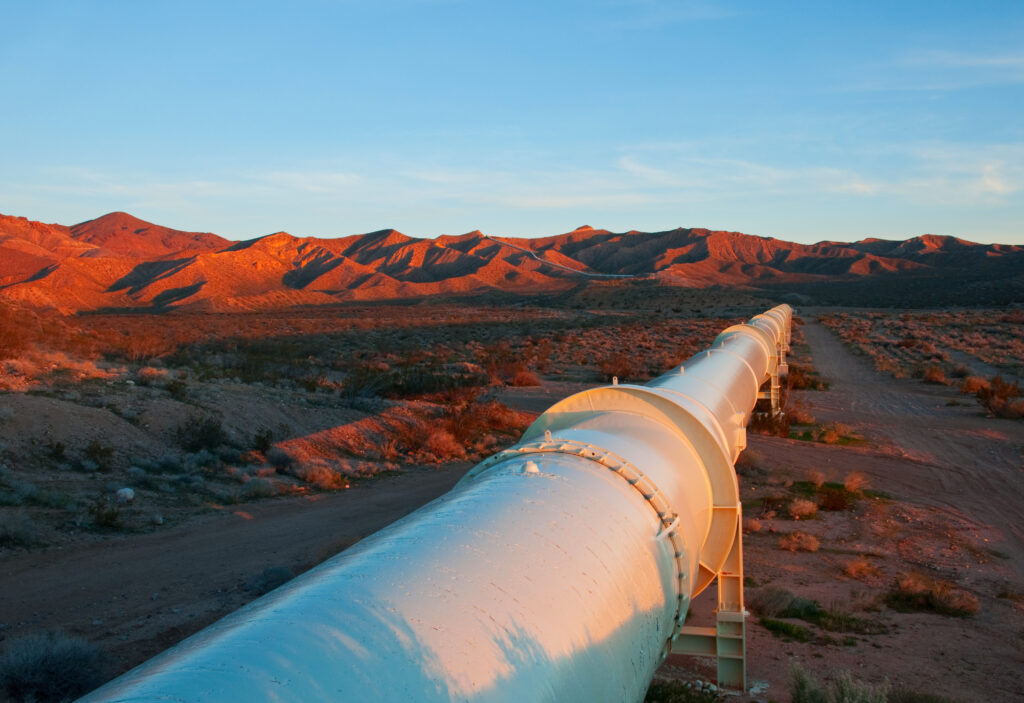
Production of green hydrogen in semi-arid/arid regions
- Evaluation of alternative water resources (wastewater, groundwater, surface water, brackish water, seawater) and adequate water technologies (wastewater treatment, seawater desalination, etc.) with respect to their suitability for the production of green hydrogen in semi-arid/arid regions based on relevant indicators
- Project evaluation taking into account technical, economic, socio-economic and environmental indicators
- Strategy development with regard to sustainable and risk-minimized production of green hydrogen in non-European countries
- Potential analyses on a regional level with regard to the production of green hydrogen in Brazil as well as in the Middle East
- Comparison and selection of alternative locations for the production of green hydrogen using scientifically based multi-criteria procedures (indicators: economic viability, water and energy supply, existing infrastructure, transportation, risk, sustainability, etc.)
- Support of German companies and industry in the selection of production sites abroad
- Representation of German companies in Brazil and the Middle East
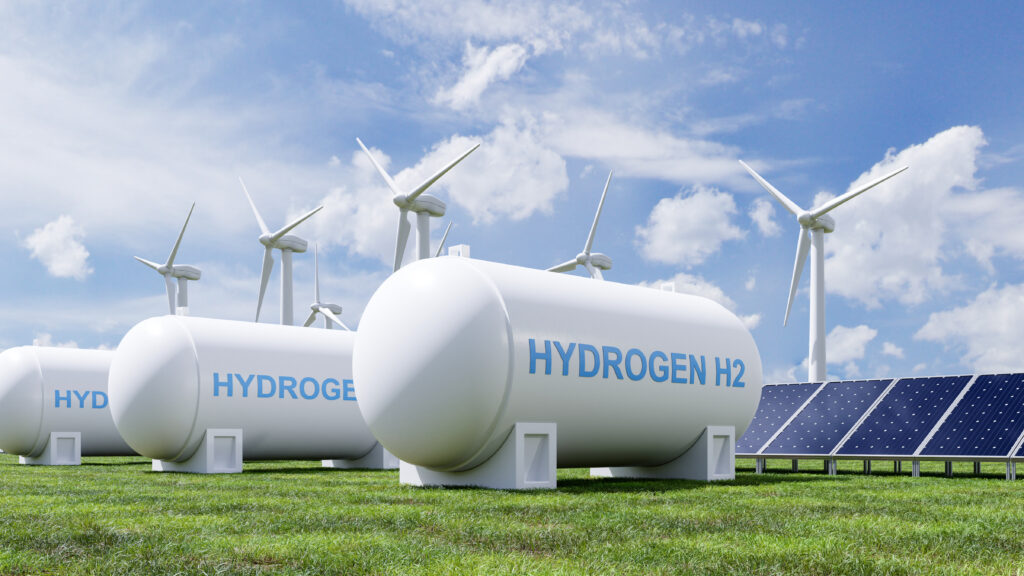
Climate Change Adaptation Strategies
- Definiton of climate scenarios
- Climate change impact (floods, droughts, water availability, water demand, water quality)
- Selection and quantification of appropriate decision criteria
- Assessment of potential impacts of climate change (business-as-usual)
- Compilation of structural and non-structural measures
- Development and evaluation of alternative mitigation and adaptation strategies for specific challenges (e.g., flood protection, droughts) as well as specific water uses (ensuring water supply, navigability, agricultural production, etc.)
- Recommendations on: strategy implementation, system management, monitoring, modeling, decision support and other needs for action

Seawater Desalination and Water Transfer
- Consulting and studies on positioning, technology selection and energy supply for seawater desalination plants
- Consulting with regard to ecological issues, especially concerning the concentrate
- Studies on the economic viability of alternative project variants, including offshore solutions
- Planning of water transfer to demand centers

Ports & Inland Waterways
- Studies on the planning and economic viability of terminals for the transport of green hydrogen and derivatives
- Studies on the economic viability of Brazilian inland waterways and recommendations for expansion and operation

Irrigated Agriculture
- Consultancy and strategy development for the implementation of the European Water Framework Directive, in particular water resources protection measures
- Studies and strategies for adapting to climate change, in particular with regard to the extension of drought periods
- Consultancy, studies and strategies for reducing nitrate emissions from agriculture, water protection and planning monitoring measures
- Assessment of conflict potential and measures for prevention and mitigation
- Advice on the implementation of the National Water Strategy and the impact on irrigated agriculture
- Carrying out cost-benefit analyses
- Evaluation of alternative measures and plans based on technical, economic, social and ecological indicators
- Development of GIS-based information systems and DS tools
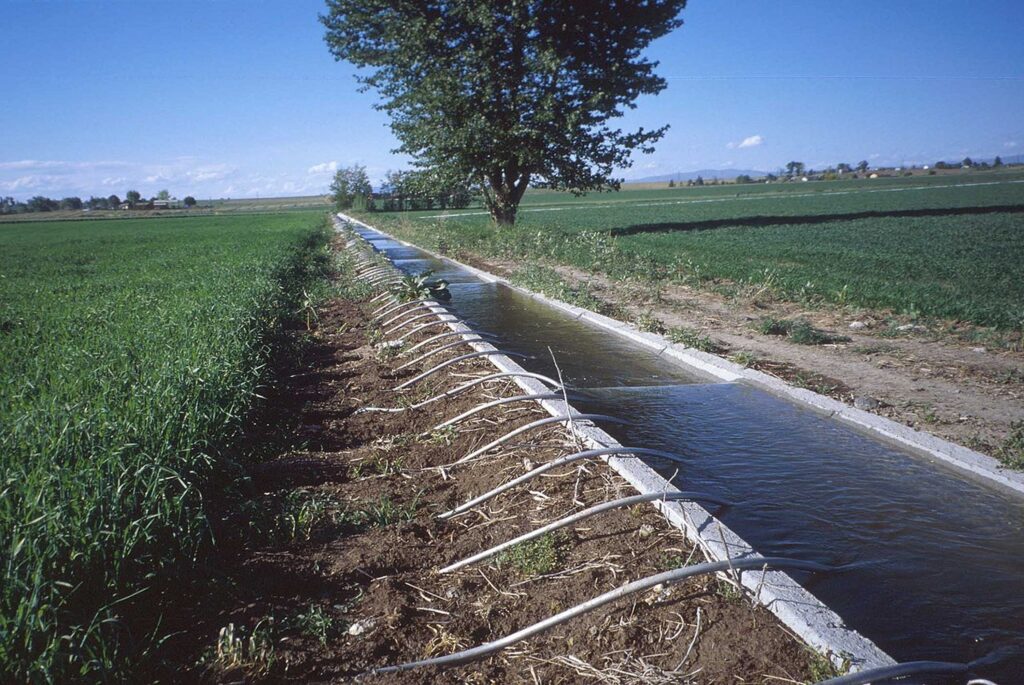
Management of Surface Water& Groundwater Resources
- Studies on the conjunctive use of surface water and groundwater resources
- Consulting and studies on the control of seawater intrusion in coastal aquifers, prevention of overexploitation, and groundwater contamination
- Planning of facilities for controlled groundwater recharge
- Hydrological and hydrogeological studies
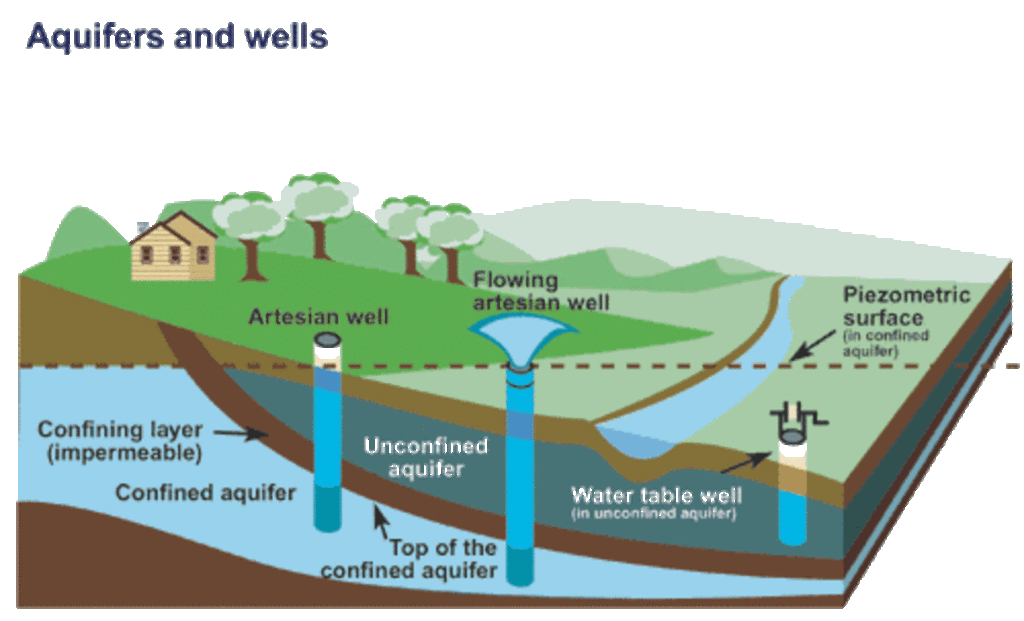
Support for German companies and industry in issues related to water, the environment and renewable energies in Brazil
- Analysis of the security of supply, risk of bottlenecks and the potential for conflict of potential locations for branches and industrial sites, concerning water, energy, environmental restrictions and climate change
- Regional studies on the need for infrastructural measures in the economic sectors of water, renewable energy. environment as well as production of green hydrogen
- Assessment of the potential for technology transfer in the fields of water, renewable energies, climate and environmental protection
- Consulting on the production of green hydrogen in Brazil
- Consulting in the field of irrigated agriculture, agricultural production and export of agricultural products
- Representation of German companies in Brazil
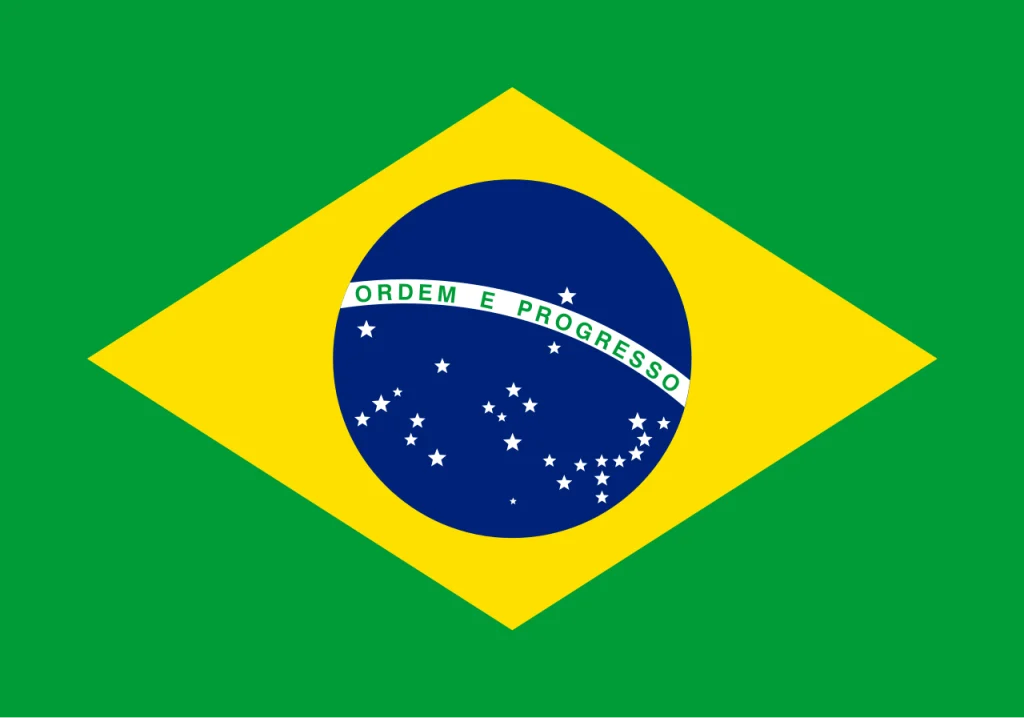
Software and Systems for Decision Support
- Development and application of online (also GIS-based) tools and expert systems for decision support
- Use of multi-criteria methods for the evaluation, comparison and ranking of decision options
- Use of hydro(geo)logical models (impact assessment, quantification of indicators)
- Recommendations for the use of appropriate models and tools for decision support
- Training courses in the field of decision support as well as IWRM implementation
